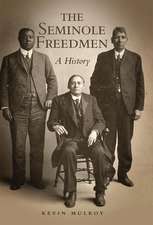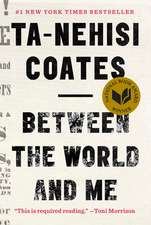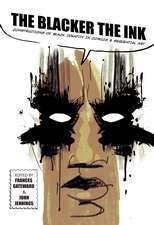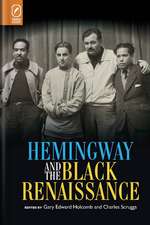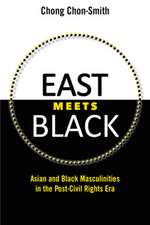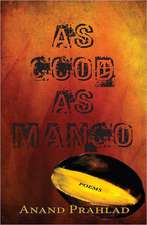African-American Proverbs in Context: Publications of the American Folklore Society. New Series
Autor Sw Anand Prahlad, Anand Prahlad, S. W. Prahladen Limba Engleză Paperback – 30 iun 1996
Preț: 281.57 lei
Nou
Puncte Express: 422
Preț estimativ în valută:
53.89€ • 56.05$ • 44.49£
53.89€ • 56.05$ • 44.49£
Carte tipărită la comandă
Livrare economică 14-28 aprilie
Preluare comenzi: 021 569.72.76
Specificații
ISBN-13: 9780878058907
ISBN-10: 0878058907
Pagini: 292
Dimensiuni: 155 x 230 x 23 mm
Greutate: 0.55 kg
Ediția:New.
Editura: University Press of Mississippi
Seria Publications of the American Folklore Society. New Series
Locul publicării:United Kingdom
ISBN-10: 0878058907
Pagini: 292
Dimensiuni: 155 x 230 x 23 mm
Greutate: 0.55 kg
Ediția:New.
Editura: University Press of Mississippi
Seria Publications of the American Folklore Society. New Series
Locul publicării:United Kingdom
Textul de pe ultima copertă
Such sayings as "Hard times make a monkey eat red pepper when he don't care for black", "The blacker the berry, the sweeter the juice", and "Nothing ruins a duck but its bill" convey not only axiomatic impact but also profound contextual meanings. This study of African-American proverbs is the first to probe deeply into these meanings and contexts. Sw. Anand Prahlad's interest in proverbs dates back to his own childhood in rural Virginia when he listened to his great-grandmother's stories. Very early he began collecting "sayings". In researching this book, he spent five years listening for proverbs spoken in bars, clubs, churches, and retirement homes; on street corners, basketball courts, and public buses; at PTA meetings and bingo games. To discover the full context of a proverb, Prahlad considers four levels of meanings - grammatical, cultural, situational, and symbolic. All these operate simultaneously when a proverb is spoken. Part of the artistry in using proverbs comes from the complex interplay of the dimensions of their meanings. From WPA interviews with former slaves, from the lyrics of blues songs, from extensive field research, and from expressions of protest and cultural affirmation, the author reveals the myriad ways African-American proverbs thrive today.





